I am trying to make something like
string s = "Hello";
s.Clear();
And I created the extension method like this:
public static void Clear(this string s)
{
s = string.Empty;
}
But, when I see the value, it does not change:
I can't use ref or out because these can't be used with the keyword this. Any ideas?
